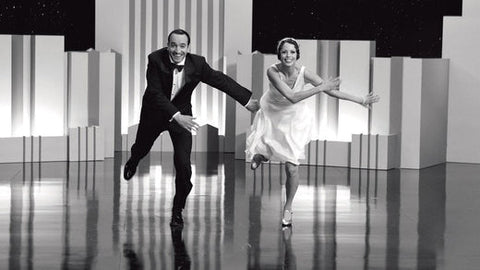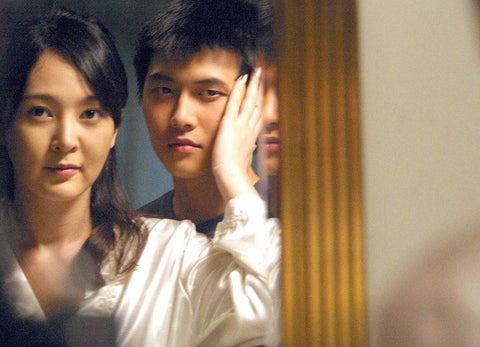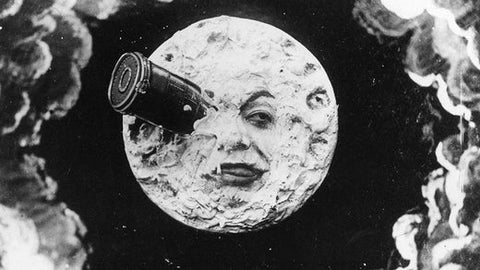
After that long phone call, we began texting almost every day. Sneaking messages during class, typing furiously after school. I can’t remember most of what we talked about anymore—probably just little updates about our day, small moments that seemed important at the time but have since faded into the background.
With the college entrance exams looming, life fell into a steady rhythm. After school, it was either tutoring or the library for revision. He always seemed to know where I was, occasionally “bumping into” me at different places.
Once, at a tutoring session, he sat right behind me. When class ended, I turned around to talk to him, but he had already disappeared, quick and quiet, like a shadow slipping out of the room.
Another time at the library, I texted him, saying I wasn’t feeling well. After lunch, I returned to find a 750ml bottle of water and a pack of lozenges sitting on my desk. It took me ages to track him down, and when I finally did, we rode the subway home together. He stayed silent the entire ride.
His silence wasn’t uncomfortable—it never was—but I couldn’t help wondering what he was thinking.
“Why aren’t you saying anything?” I asked.
“When I’m happy, I don’t feel like talking,” he said.
“So… you’re happy now?”
He didn’t reply, just fell into his quietness again. I couldn’t figure him out, and maybe that was the point.
Every time he appeared or disappeared so quietly, my friends would say, “That guy is so weird.” I thought it was endearing. Though, sometimes, I’d get the unsettling feeling that he might be watching me from somewhere. It was a little creepy, sure, but also, in its way, romantic.
When it comes to movies with little dialogue, 3-Iron always comes to mind, but so does The Artist. Set in 1920s Hollywood, during the heyday of silent films, it tells the story of a passionate actor and an equally passionate female fan. Their shared love for cinema creates sparks, and her enthusiasm for him—even down to a single kiss—propels her into stardom.
As sound crept into movies, reshaping the art form and catering to new audience tastes, the male protagonist refused to adapt. Critics labeled him a failure. It’s strange to think that this so-called “failure” would go on to win an Oscar in 2012, hailed as a triumph. The Artist is proof that even without words, emotions can be conveyed with startling clarity. Sincerity, after all, doesn’t need to be spoken to be understood.
Eight years ago, I might have paired this chapter with Jay Chou’s You Can Hear It. But today, I’d suggest 3WW by Alt-J instead. The song suggests that “I love you” has been said so often it’s lost its meaning. Perhaps it’s better to find your own way to say it.
"I just want to love you in my own language."


